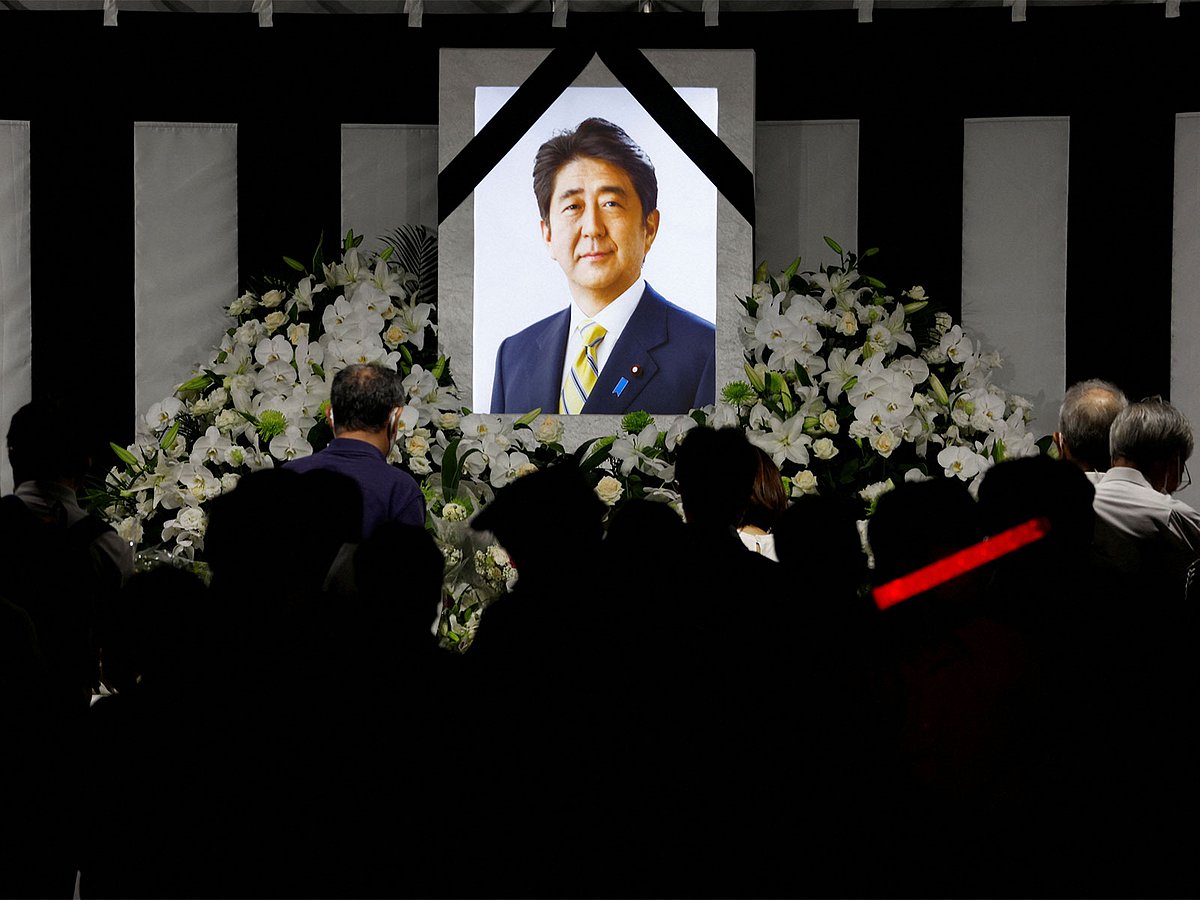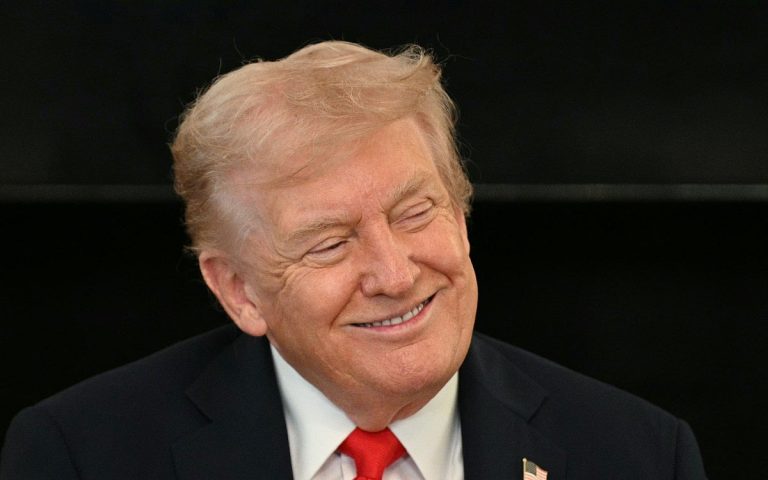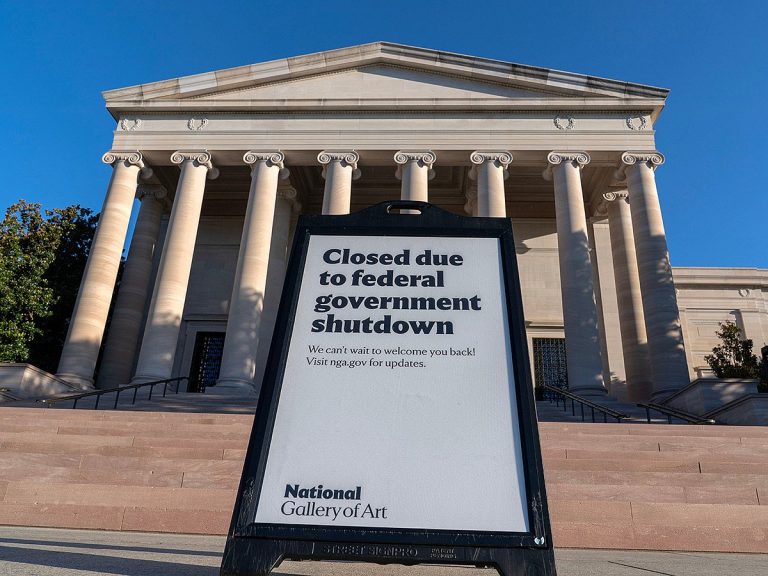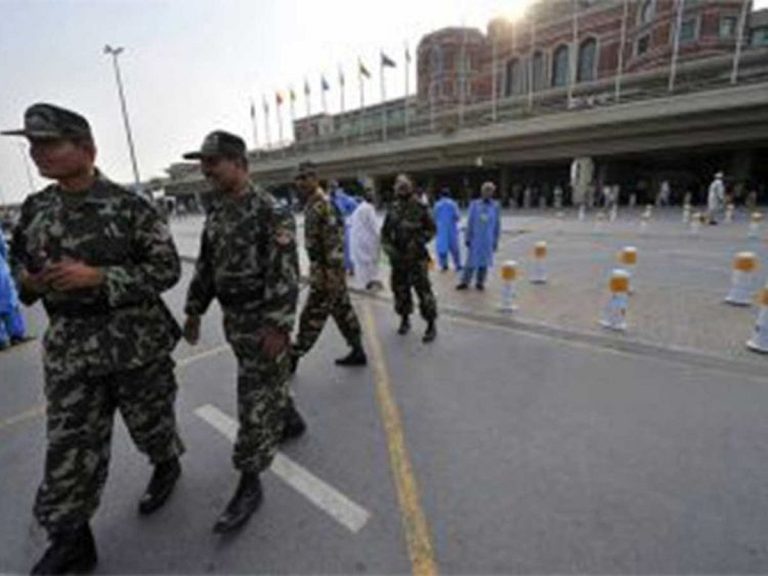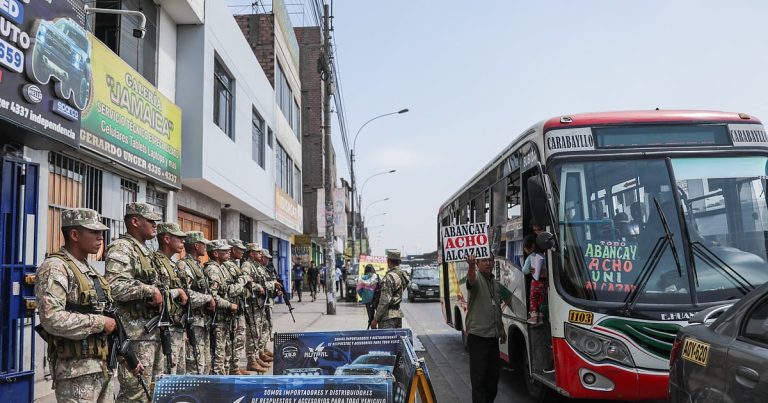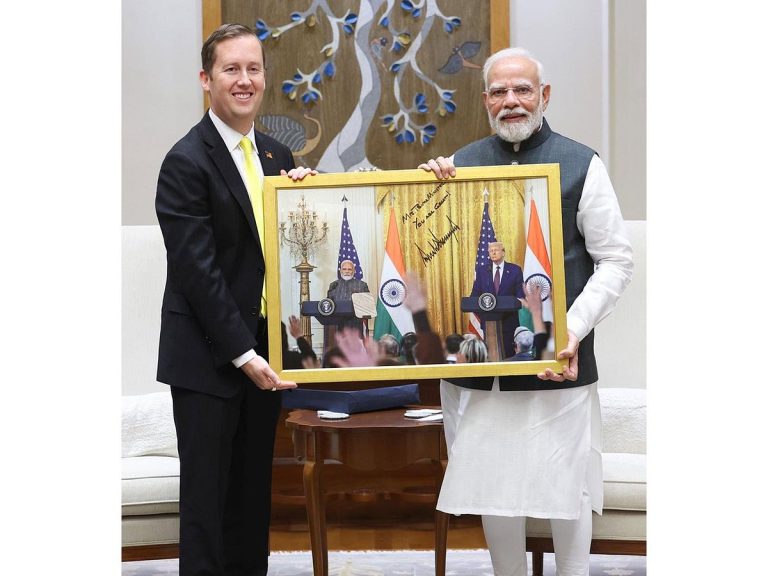Tetsuya Yamagami Pleads Guilty in Shinzo Abe Assassination
Tetsuya Yamagami, the man charged with the assassination of Japan’s former Prime Minister Shinzo Abe, has pleaded guilty in court, marking a significant moment in a case that has drawn international attention. The incident, which occurred in July 2022, shocked a nation largely unaccustomed to gun violence and has since sparked discussions about the influence of religious organizations in Japanese politics.
Details of the Plea
During a court appearance in Nara, Yamagami, 45, acknowledged his guilt in the murder of Abe, who was Japan’s longest-serving prime minister. “Everything is true,” he stated, as he was escorted into the courtroom in handcuffs. His demeanor was subdued, and he spoke softly when asked to identify himself.
While Yamagami admitted to the murder, his legal team plans to contest certain charges, particularly those related to violations of arms control laws. He allegedly constructed a homemade weapon to carry out the assassination, which has raised questions about the legality of such actions in Japan, a country known for its stringent gun laws.
Background and Motives
The case has revealed deeper issues surrounding Yamagami’s motivations, particularly his troubled relationship with the Unification Church, a religious organization that his mother was deeply involved with. Reports suggest that Yamagami harbored resentment towards the Church, believing it had negatively impacted his life. Prosecutors indicated that he felt compelled to act against Church leaders, and he viewed Abe’s connections to the organization as a means to draw attention to his grievances.
Yamagami’s attorney highlighted the turmoil in his life, including his mother’s financial ruin due to her donations to the Church, which reportedly totaled around 100 million yen (approximately $1 million). This financial strain, coupled with personal tragedies, including the suicide of his father and his mother’s subsequent bankruptcy, contributed to Yamagami’s sense of hopelessness.
Implications of the Assassination
The assassination of Shinzo Abe has had far-reaching implications for Japan. Following the incident, investigations uncovered significant ties between the Unification Church and members of the ruling Liberal Democratic Party, leading to the resignation of four ministers. The Tokyo District Court has since ordered the dissolution of the Church’s Japanese branch, citing its detrimental impact on society.
Additionally, the event has prompted a reevaluation of Japan’s gun control laws. Despite having some of the strictest regulations in the world, the assassination highlighted vulnerabilities in security protocols. In response, lawmakers passed new legislation in 2024 aimed at further tightening gun control measures, including penalties for sharing information on homemade firearms online.
Security Concerns
The shocking nature of Abe’s assassination has raised concerns about public safety in Japan. Security personnel at the scene reportedly struggled to identify the sound of the gunfire, which delayed their response. This incident has underscored the need for improved security measures, particularly at public events involving high-profile figures.
FAQs
What led to Tetsuya Yamagami’s actions?
Yamagami’s actions were reportedly motivated by resentment towards the Unification Church, which he believed had caused significant personal hardship in his life.
What are the legal implications of Yamagami’s plea?
While Yamagami has pleaded guilty to murder, his defense team plans to contest certain charges, particularly those related to the homemade weapon he used.
How has the assassination affected Japan’s gun laws?
In response to the assassination, Japan has enacted stricter gun control measures, including penalties for disseminating information about homemade firearms.
Conclusion
The guilty plea by Tetsuya Yamagami marks a pivotal moment in the aftermath of Shinzo Abe’s assassination, revealing complex issues surrounding personal grievances and the influence of religious organizations in Japan. As the legal proceedings continue, the nation is left to grapple with the implications of this tragic event, prompting a reassessment of security and gun control measures moving forward.
The assassination of Shinzo Abe has not only stirred political discourse but has also prompted a broader societal reflection on the role of religion in public life. The Unification Church, which has faced scrutiny since the incident, has been criticized for its practices and influence over political figures, raising questions about transparency and accountability in political affiliations.
Moreover, the case has sparked discussions about mental health and the support systems available for individuals facing personal crises. Yamagami’s background highlights the importance of addressing mental health issues and providing adequate resources to those who may feel isolated or marginalized, as well as the need for preventive measures to avert similar tragedies in the future.
As the legal process unfolds, the implications of this case will likely continue to resonate within Japan, influencing both public sentiment and policy decisions in the years to come.
Also Read:
Trial Opens for Man Charged in Shinzo Abe’s Assassination
UAE Enhances Domestic Violence Laws with New Penalties
Japan’s Prime Minister Takaichi Seeks Stronger U.S. Ties

